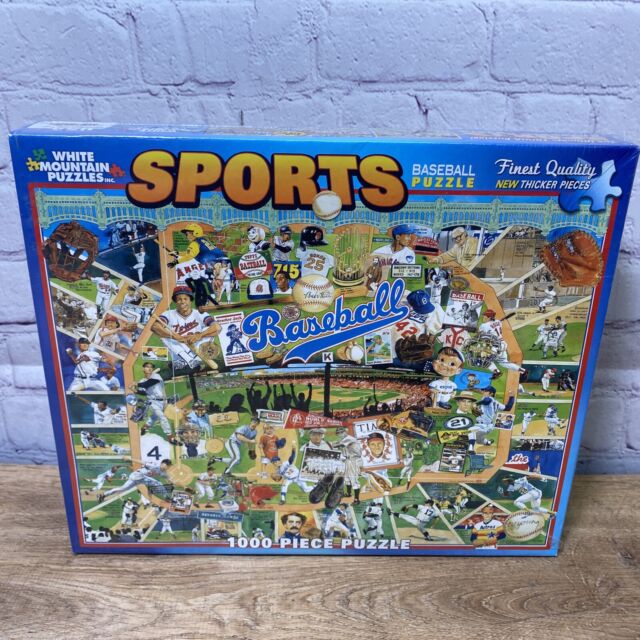
There are many ways you can learn to knit. A beginner kit, an online community, a family member, friend, or tutor are all options. To discover the right method, you should first experiment.
Beginner kits
You can learn to knit by purchasing a beginner knitting guide. These kits include yarn, needles, a pattern, and often include yarn. Many kits also include other knitting notions. You can use your knitting kit for everything, including large blanket projects and mittens.

Online communities
There are many online options if you are looking to connect with knitters. One option is a forum. You can share your knitting tips and tricks with other knitters. A second option is to join a knitting class in person. Sometimes it is difficult to get to in-person knitting clubs, especially if one has a full-time occupation, children under five, or is suffering from chronic health issues.
Tutors
Tutors for learning to knit are essential for beginners who want to learn this craft. At least 45 minutes should be allotted for the first lesson. Once the student masters the basic skills, they will be able to knit independently. Your tutor should be patient with your student. Children learn things much quicker than adults.
Refer to a friend or family member
Most people who are good at knitting will enjoy teaching others how they do it. There are likely to be someone in your life who can teach you how to knit, regardless of whether you are just starting out or an expert. Although you may not be as proficient as the teacher, you will get personalized instruction and a more personal approach to knitting than you would from a teacher.

Online classes
There are many different ways to learn how knit. There are many online classes that can help you knit a scarf or a sweater. Others offer individualized instruction and allow you to start at any time. You may prefer to learn online, although some classes are available in person.
FAQ
What are some great hobbies for seniors?
Senior citizens should be able to enjoy activities that they are passionate about. Senior citizens should keep active through participation in physical and sports activities.
They might be interested in joining clubs that offer similar interests. They'll be less lonely as they get older.
Senior citizens need to be aware of the latest trends. You could, for example, follow the latest trends in fashion, literature, and music.
What kind of hobbies is best for introverts.
Introverts are able to concentrate on one thing at once. They enjoy solitude and prefer to read, write, play music, watch movies, etc.
They also like to be alone. They are not social creatures and don't want to be around people all day. In fact, they can often be bored when surrounded with people.
This is why introverts choose hobbies that make them feel alone. An introvert might like to read, listen to music, take photographs, paint, write poetry, or even create art.
Some introverts prefer to live alone. This allows them to focus on their hobby without being distracted by other things.
How do I get started with my new hobby?
It is important to choose the type of hobby you want to start.
Passion is key once you have chosen your topic.
It is essential to understand the reasons you want to start a hobby. It will give you some direction and purpose.
Once you've chosen the hobby you would like to pursue you can start planning.
Take a look at the equipment you will need.
Consider whether you need to attend classes or seminars.
Make sure you have enough space for your hobby.
You may also consider joining a club or group. These groups usually offer support and advice.
The last thing you should do is think about how much money it would cost to pursue your hobby.
What are observation hobbies?
Observation hobbies are those activities that allow you to watch others do what they do. You might be interested in watching sports, reading, going on holidays, and so forth. It could also be observing other people as well.
Because they teach you how to think creatively, observation hobbies are great. This knowledge can be used later to help you with projects that you are working on for others or yourself.
It will be easier to learn about something if you are interested in it.
For instance, if football is something you are interested to know about, you can watch the game or read a book. To learn more about photography, it is possible to visit and take photos.
If you like to play music, you can either learn the songs online or get a guitar.
You can cook your own meals, or you could go to a restaurant.
If you like gardening, you could grow vegetables or flowers.
If dancing is something you enjoy, join a dance class.
You could also paint pictures if you are a fan of painting.
Writing poetry or stories is a passion if you are a writer.
If you like drawing, you could draw pictures.
If you have a passion for animals, you might be able to look after them or work in a zoo.
If science interests you, you can study biology, chemistry or physics.
If you like history, you could read books, watch films or listen to podcasts.
If you enjoy travelling, you might consider exploring your local area or traveling abroad.
What are educational hobbies, you ask?
A hobby that teaches you something is called an educational hobby. This could be anything you want, such as playing sports or learning how to play an instruments.
The most important thing is that you find it enjoyable and entertaining. You don't necessarily have to do this all the time. But if it becomes boring, then think about what you could be doing.
You should also make sure that you are not spending too much money on these activities. It could end up costing your more than it's worth.
How much does a hobby cost you?
A hobby costs nothing but time. If you are serious about your hobby it could take years before you achieve your goals.
But there is one thing you can do to help yourself. It's called "passion". If you have passion about something, it will make it easier for you to work hard.
After you've put in hours, you might become addicted. Here is the fun part! Because now you are doing something you enjoy, and you are getting better at it all the time. So by the end of the year, you will probably have made quite an improvement.
So don't worry too much about how long it takes. Don't be afraid to try. You might be surprised by what you find!
Statistics
- Almost 80% of people claim to have no hobby. (hobbylark.com)
- A new survey by Pew Research Center of teens ages 13 to 17 finds that 36% of girls feel tense or nervous about their day every day; 23% of boys say the same. (pewresearch.org)
- I am 100% biologically a woman (discover.hubpages.com)
- In comparison, men in the “no humor” condition were refused 84.6% of the time and were only accepted 15.4% of the time. (time.com)
- 37% Video Games 36% Travel 36% Health and Fitness (quizexpo.com)
External Links
How To
How to start gardening
Gardening is one of the oldest forms of agriculture. It requires persistence, patience, and determination. The first step in starting your own garden is choosing a location where you want to grow food. This could be on a large piece of land or in your backyard. Next, you will need to decide which type of plants are best for you. Are you more fond of flowers or vegetables? Some people enjoy growing herbs and others prefer raising livestock like rabbits. You should consider how much space you have available before deciding what types of crops you plan to plant. If you live somewhere that has cold winters, it might be a good idea to grow berries or fruits.
Once you have chosen what you will be planting, you must take some time to prepare your soil. It is vital that your soil is prepared properly to determine whether or not your plants will thrive. Organic matter is essential for the health and well-being of your plants. Organic matter can include leaves, twigs and grass clippings as well as manure and compost. You need nutrients to your soil after you have prepared it. The type of plant you intend to grow will dictate the amount of nutrients you need. Online fertilizer calculators can be used to determine these values. Many fertilizers are available, so make sure you know what you are buying.
After you have prepared your soil, and added the correct nutrients, you will need to wait until your seed germinates. The process takes between 2 weeks and 3 months depending upon the climate in your area. Once your seeds are sprouted, you must water them regularly. Overwatering your plants can lead to problems. You should ensure that your plants get enough water at regular intervals. Avoid overwatering. Overwatering can lead to root rot and fungal diseases. Remember that plants need less water in the summer than they do in the winter. Also, remember that certain plants need to dry out after watered. For example tomatoes should be kept slightly moist and not wet. They don't like to sit in soggy soil. After flowers are finished, plants must go dormant. When plants stop producing new growth, they go dormant and start storing energy for next season's harvest. During dormancy, the plant stops sending signals to its roots telling them to produce food. Throughout this period, the plant stores energy. However, the plant will die if temperatures drop below freezing or there is insufficient sunlight.
You may be limited in what plants you can grow if you live in an urban area. Concrete sidewalks, roads, buildings and parking lots are all common in urban areas. These blocks block sunlight from reaching ground level. Concrete absorbs light which blocks sunlight from reaching the ground below. Many plants can't survive in urban environments due to lack of sunlight. There are still plants that thrive in urban environments. Many perennials, trees, and shrubs are able to adapt to urban living. Many annuals can also be grown indoors in container gardens. You can grow fresh greenery year-round in containers.
You are now ready for planting!